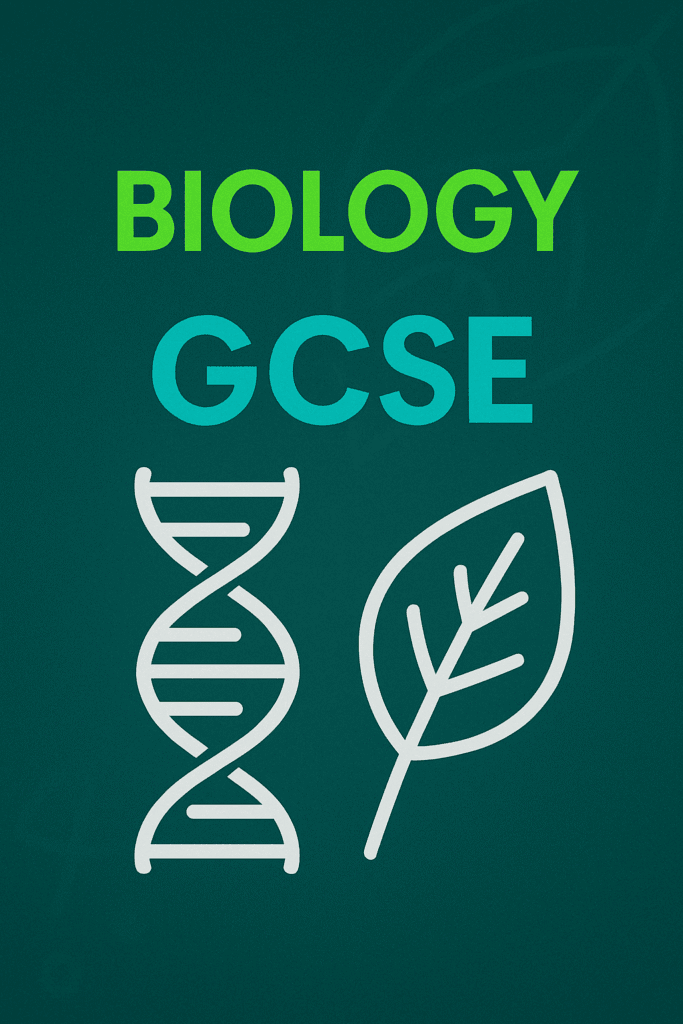Reading Time: < 1 minute
Table of Contents
ToggleEcology and Environmental Impact
Introduction
Ecology is the study of how organisms interact with each other and their environment. GCSE Biology also examines how human activity affects ecosystems and biodiversity.
This article will cover:
- Ecosystem organisation and food chains.
- Biodiversity and its importance.
- Human impact on ecosystems and conservation efforts.
Ecosystem Organisation and Food Chains
Key Terms
- Producers: Plants that convert sunlight into energy via photosynthesis.
- Consumers: Animals that eat plants (herbivores) or other animals (carnivores).
- Decomposers: Break down dead organisms into nutrients.
Food Chains and Webs
- Example: Grass →\rightarrow→ Rabbit →\rightarrow→ Fox.
- Energy decreases at each trophic level due to heat loss and waste.
Biodiversity and Its Importance
Definition
- The variety of species in an ecosystem.
Importance
- Maintains ecosystem stability.
- Provides resources like medicine, food, and raw materials.
Human Impacts on Ecosystems
Deforestation
- Reduces habitats, causing loss of biodiversity.
Climate Change
- Alters habitats, leading to migration or extinction of species.
Conservation Efforts
- Protecting endangered species through breeding programs and reserves.
- Promoting sustainable practices like reducing plastic use.
Conclusion
Understanding ecosystems and the importance of biodiversity helps students see how human actions impact the environment. Study these topics to appreciate conservation efforts and prepare for GCSE Biology exams.
📅 Book Your Free GCSE Math Consultation Today!
Skinat Tuition | Where International Students Achieve Excellence.



